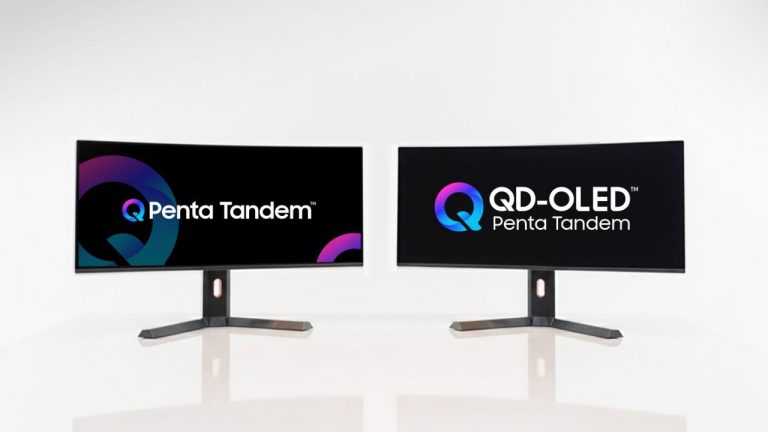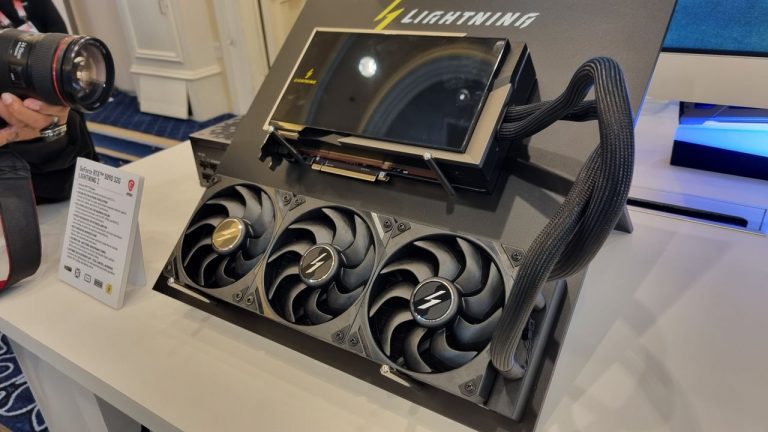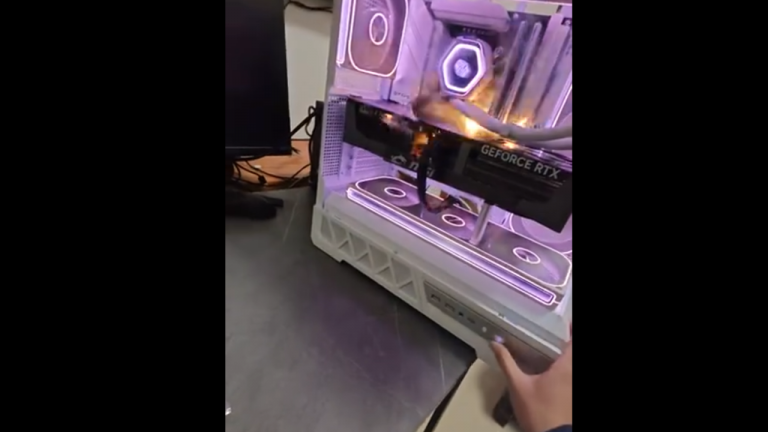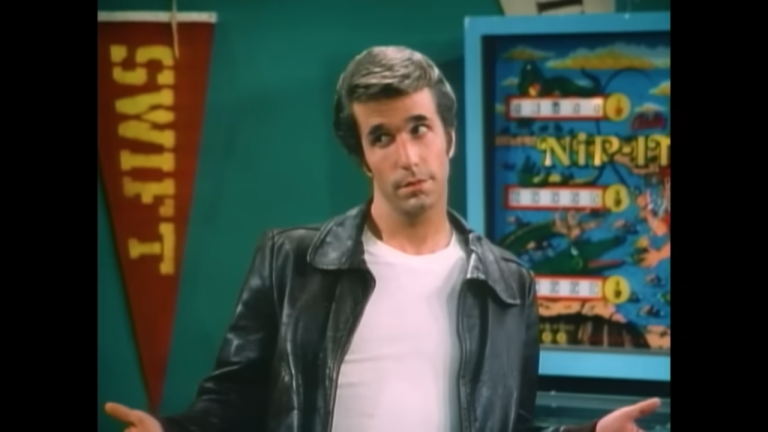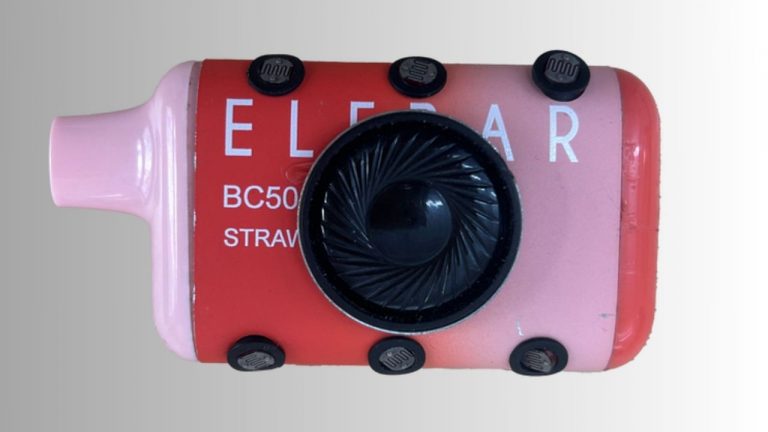It’s been a tough year for Intel. Chip crashing issues, dismal financial results, and the announcement of mass layoffs have taken the chip maker from a brand thought off as one of the giants in the industry, to one that seems to be beset by troubles on all fronts.
Now, a source has told Reuters that CEO Pat Gelsinger and other key executives are expected to announce a plan to the company’s board of directors this month, detailing ideas as to how to turn its fortunes around, including proposals to “slice off unnecessary businesses and revamp capital spending”.
According to the source, there are no current plans to split Intel and sell off its foundry to another buyer, as Bloomberg reported last week. That being said, the plan is not yet thought to be finalised, and is subject to change between now and its presentation at a mid-September board meeting.
Intel’s design and manufacturing businesses have already been separated, but even if the foundry remains, there are potential businesses that Intel could trim down in an effort to cut its losses. Altera, a programmable chip manufacturer acquired by Intel in 2015, is thought to be a likely target—as Intel was previously thought to be considering spinning out the company through an IPO and selling a portion of its stake in the company in the future.
That being said, given that Intel bought Alterea for $16.7 billion, it could be sold off entirely to another chip maker to shore up Intel’s finances. Intel’s stock value had declined by 60% this year, before rallying after recent reports that it was considering scrapping factory projects after disappointing financial results posted in August.
Pat Gelsinger spoke openly about Intel’s recent struggles at a Deutsche Bank conference last week, and referenced the markets reaction to the recent steps to address them:
“It’s been a difficult few weeks…we’ve been working hard to address the issues.
“We were determined to lay out a clear view of where we were, but also some of the next steps that we needed to address for the next phase of our strategy. And obviously, the market didn’t respond positively.
“We described a set of cost reductions. I can tell you today, most of those are well underway already. Like everybody in the industry, we realize we have to operate efficiently with nimbleness, with urgency. This is a competitive business and market, and that’s part of the reason we took the actions that we did as we build it.”
Time will tell as to what this new plan might look like, and exactly which of Intel’s business operations might be trimmed down to boost its finances and steady investor confidence. One way or the other, it seems strong moves and bold decision making may be needed to put Intel back on a steady path—and if these reports turn out to be correct, the company will be hoping that the decisions made here will turn things around for the seemingly stumbling giant.






